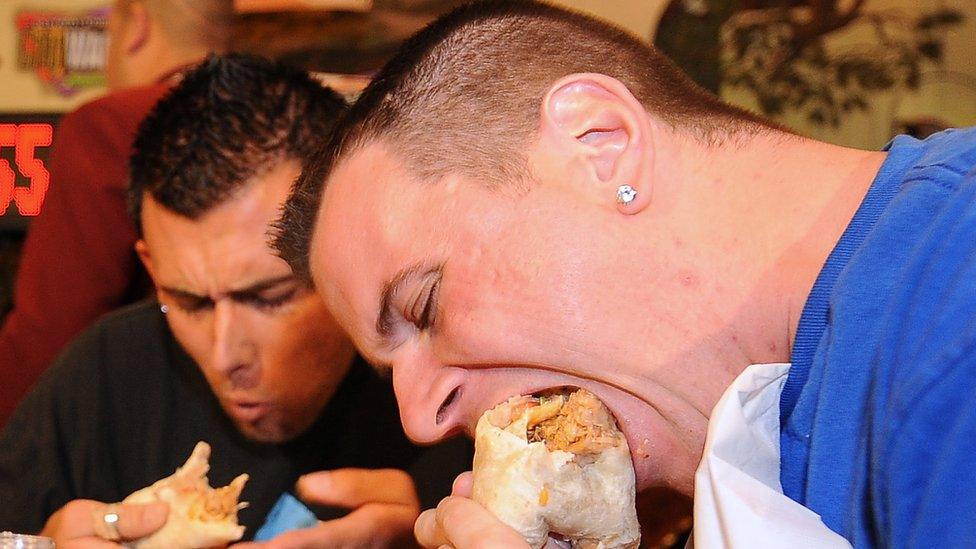What's disgusting? What's a delicacy? Food museum takes on the challenge
- Published
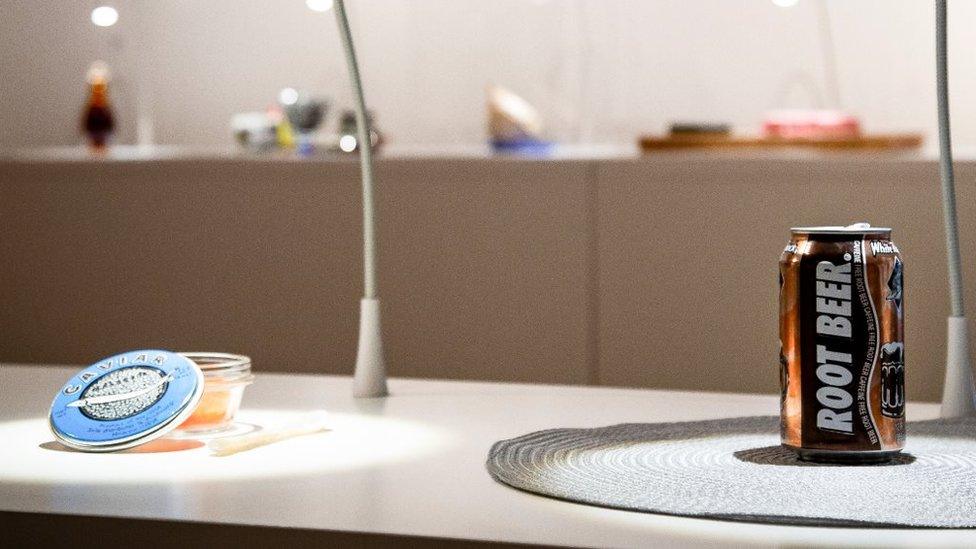
Caviar and root beer are both equally loved and loathed
A new museum in Sweden is dishing out what it says is the most disgusting food from all around the world.
Fancy a bite of cheese crawling with live maggots? A bull's penis? Some wine with dead mice floating in the bottle?
Even if you have an adventurous palate, Malmo's Disgusting Food Museum will likely test your taste buds.
Yet the people behind the project say it's not a food freak show but proof that the notion of disgust is radically different from country to country.
Warning: some readers may find images lower down this story upsetting.
"Disgust is completely subjective," curator Samuel West told the BBC. "Seeing your own foods on display right next to some rotting fish that someone else thinks is is a delicacy will challenge your own ideas of what is disgusting."
Once people understand that, it might open them up to accepting more sustainable future protein sources like insects, he hopes.
In all there are some 80 exhibits on display in Malmo's Disgusting Food Museum, so let's have a look.
Larvae, tarantula, cheese and vegemite
Once the museum opens its doors this Wednesday you'll be able to stroll between smelling stations or displays of various food.
There's Casu Marzu, a cheese from Sardinia containing the live larvae of flies. There's a bull penis which is eaten in some parts of China.
You will find balut from the Philippines - that's eggs cooked with the half-developed embryos inside - or fried Tarantulas from Cambodia.
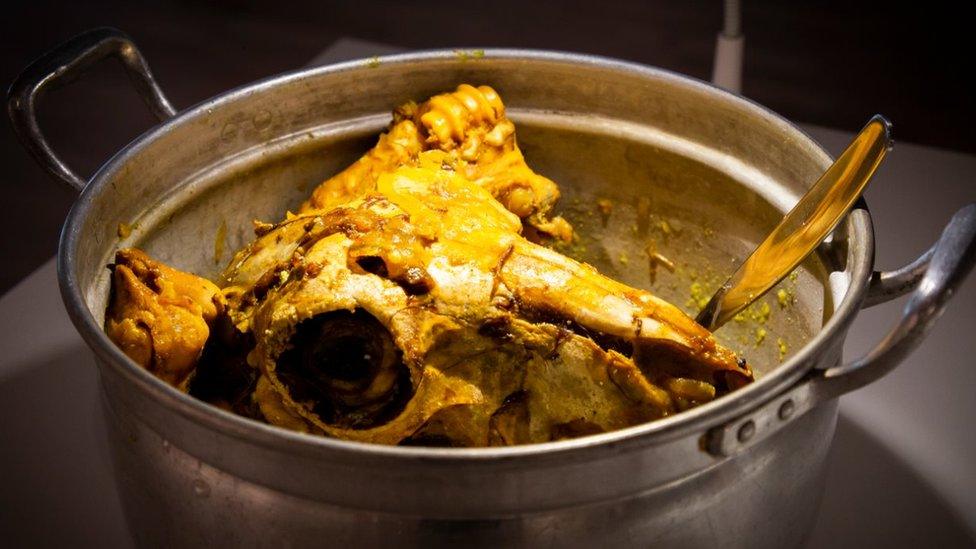
This stew of sheep's head and feet is popular from Turkey to Mongolia
There's a durian from Thailand, a spiky fruit with a smell so unique it is banned from hotels and transport across south-east Asia.
But there's plenty of Western food to be found as well. Haggis from Scotland, smelly French cheese, fermented horse milk from Russia.
From Sweden itself, there are salty liquorice and Surströmming - a fermented herring so smelly, the landlord of the museum does not allow it to be opened inside the building.
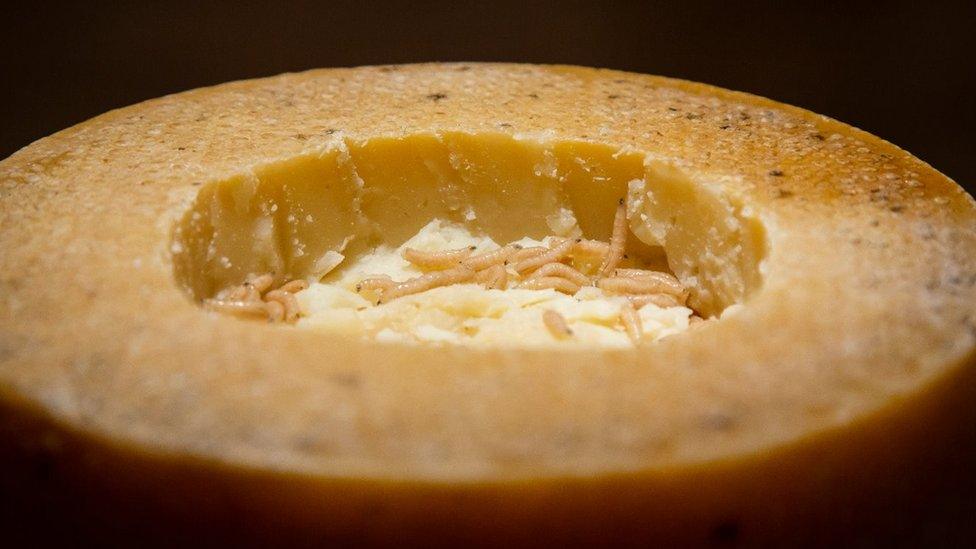
The maggots are known to jump in your face when you're about to take a bite
From the US come root beer and various fast food examples while from Australia, there's a sample of vegemite on show.
A strip of bacon also graces the shelves - next to a little pig statue with needles all over it to illustrate how much antibiotics are given at industrial pig farms.
Real food, no novelty gimmicks
There's food from across the globe and the the idea is that the items might well change over time.
People in fact keep sending in suggestions and and Mr West says they're ready to take these on.
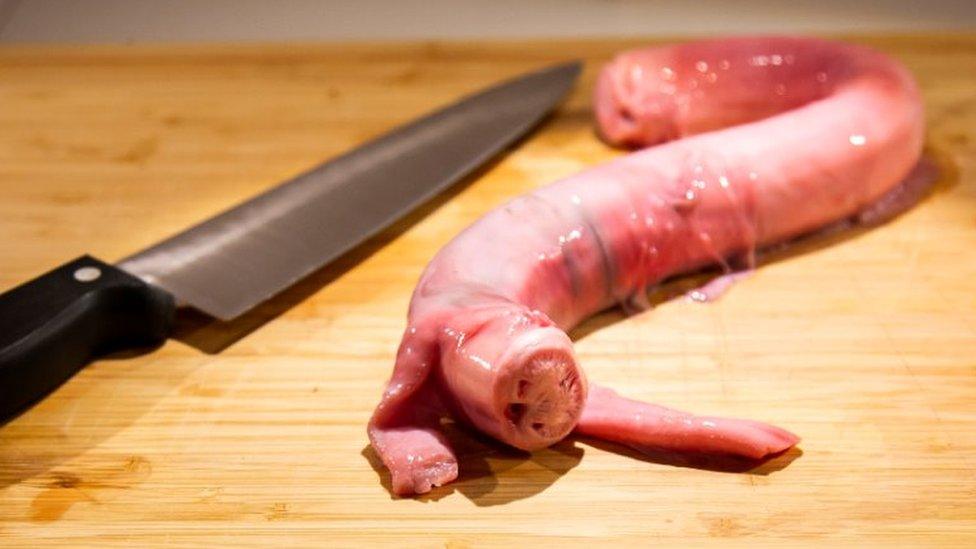
A delicacy in China, this bull penis is from a Swedish butcher
The museum takes pride in the fact that almost all of it is real - a lot of it is even fresh and needs to be constantly resupplied.
"Sourcing is a major problem for us," explains Mr West. "A lot of the stuff is really hard or expensive to get your hands on."
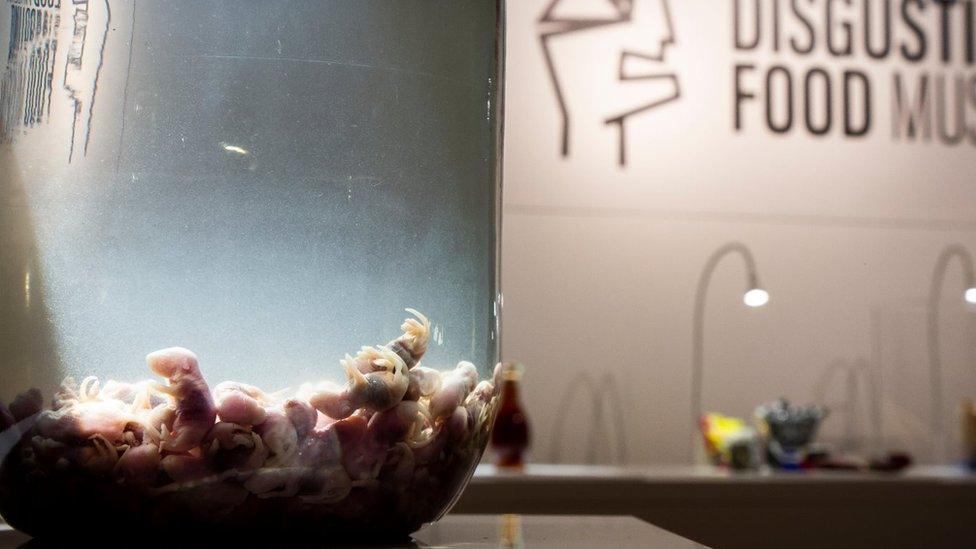
If the food's just all too weird you can wash it down with mice wine
The museum worked with the anthropology department of Lund University to come up with its list and the criteria were simple but strict:
It has to be real food and not just some novelty item like bacon-flavoured ice cream
It has to disgust many people
The museum is scheduled to run for three months.
After that, there are plans to take the exhibits on a tour of Germany, Japan, China and the US.
The fine line between delicacy and disgust
A few pre-opening tours have had people giving very mixed reactions but the idea to challenge your taste buds has certainly worked, the curator says.
"Even within one culture, the line between disgusting and delicacy can be very narrow," he explains.
"Oysters or smelly cheese are considered to be a delicacy - but many people in the very country where that food comes from find it very disgusting."
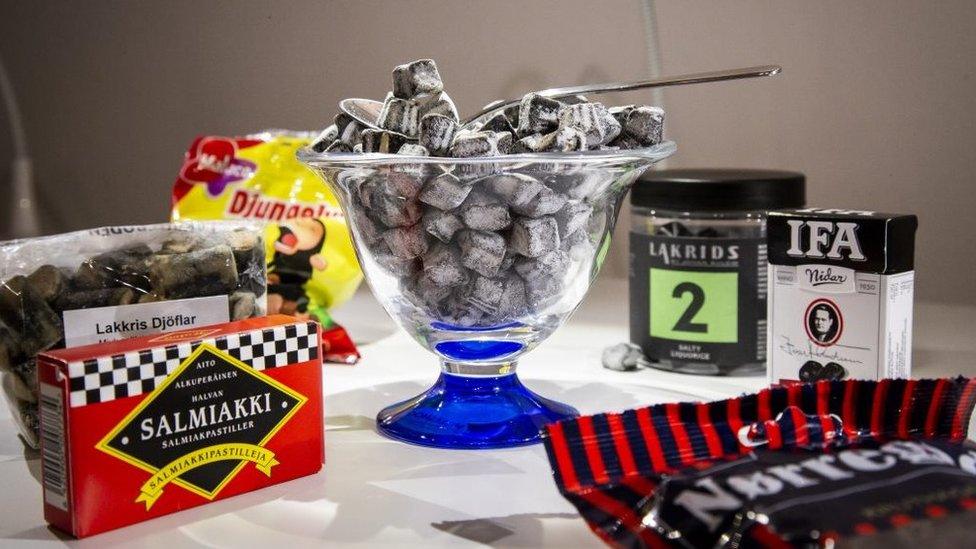
Even Sweden's very own liquorice is on display
He stresses that the museum is not trying to ridicule, let alone judge, any of the countries or foods featured.
While there have been some angry complaints by people who were offended, he hopes that the wider concept behind the show sufficiently explains their stance.
So what's topping his very own list of disgust then? "Fermented Icelandic shark - it tastes like death mixed with ammonia," he laughs.
"I think Anthony Bourdain described it as the single most disgusting thing he's ever eaten - and I can only agree."
People in Iceland will likely beg to differ - and hence be proving the very point of the museum.
- Published16 October 2018
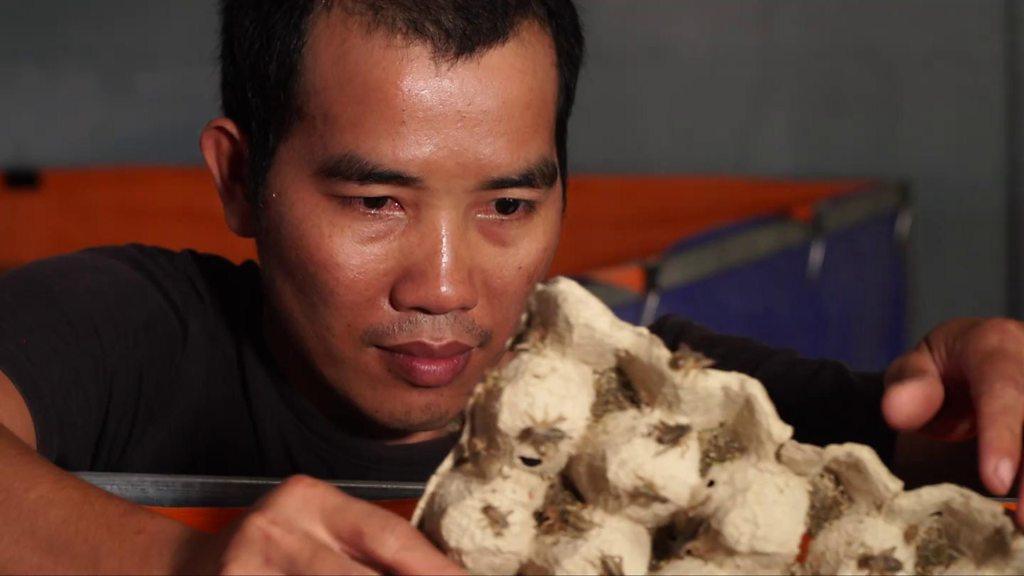
- Published30 October 2018
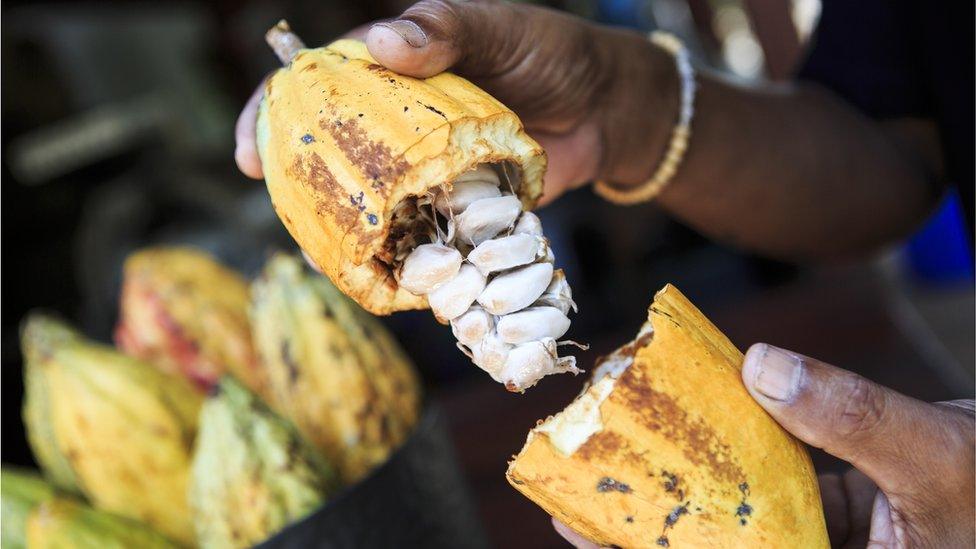
- Published25 October 2018

- Published26 October 2018
